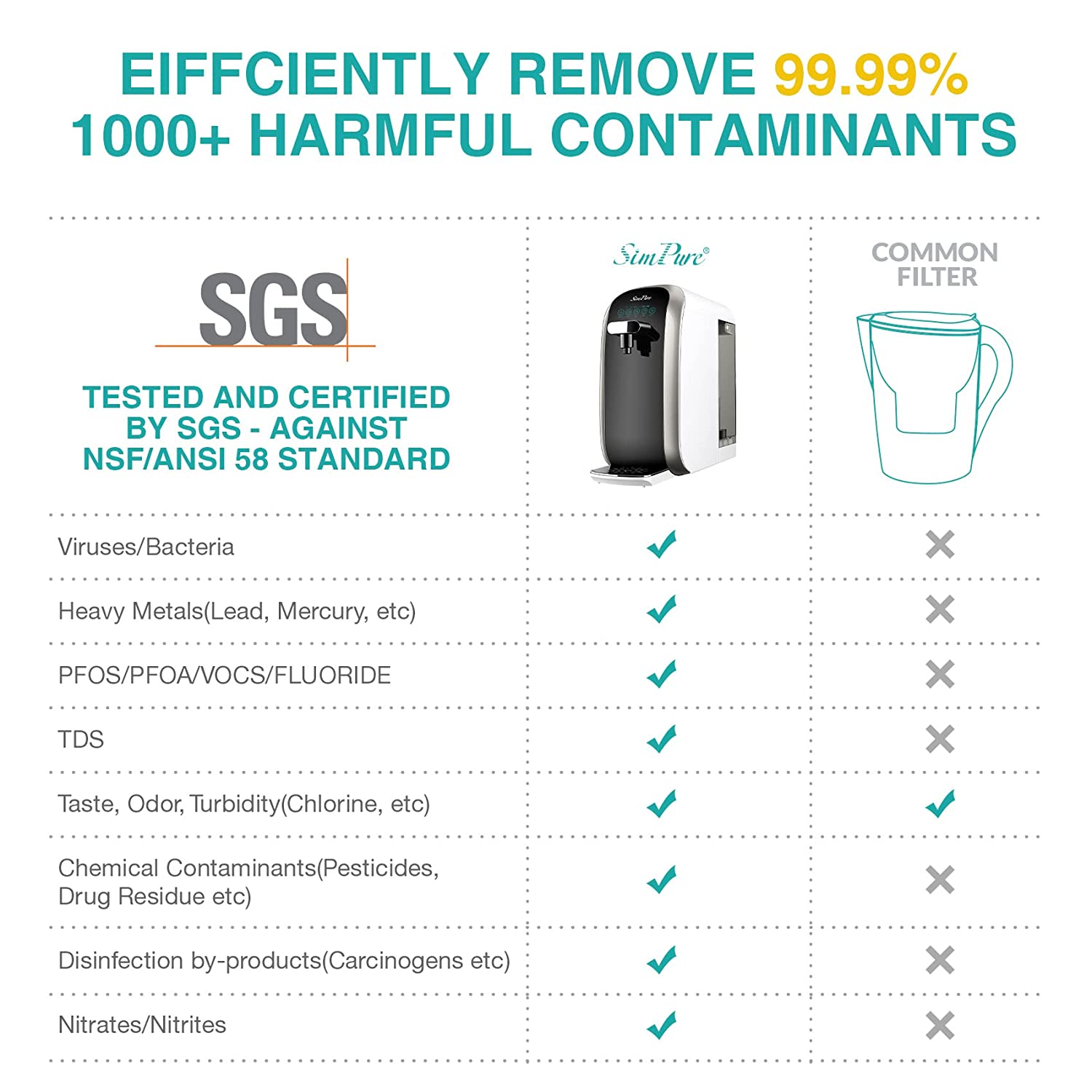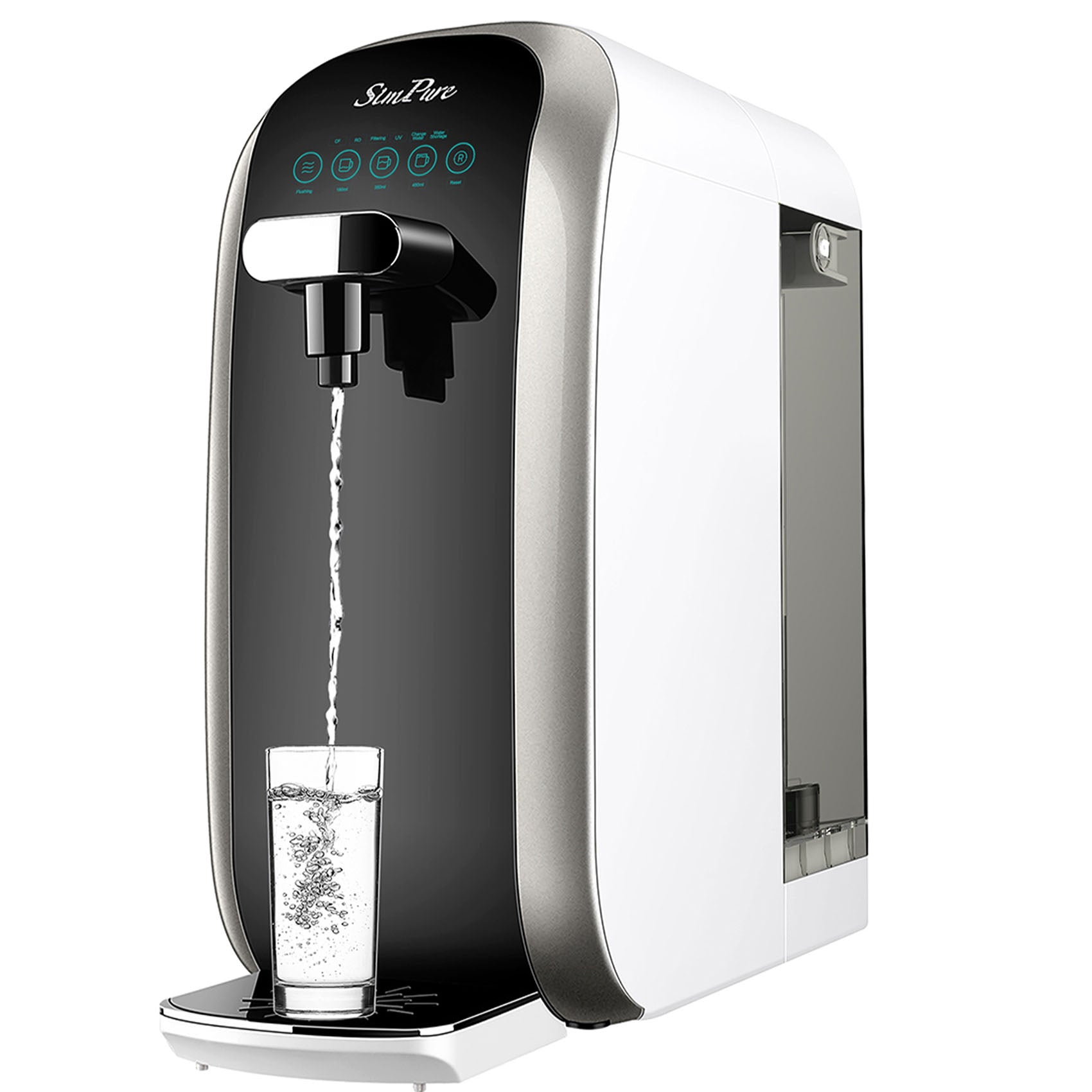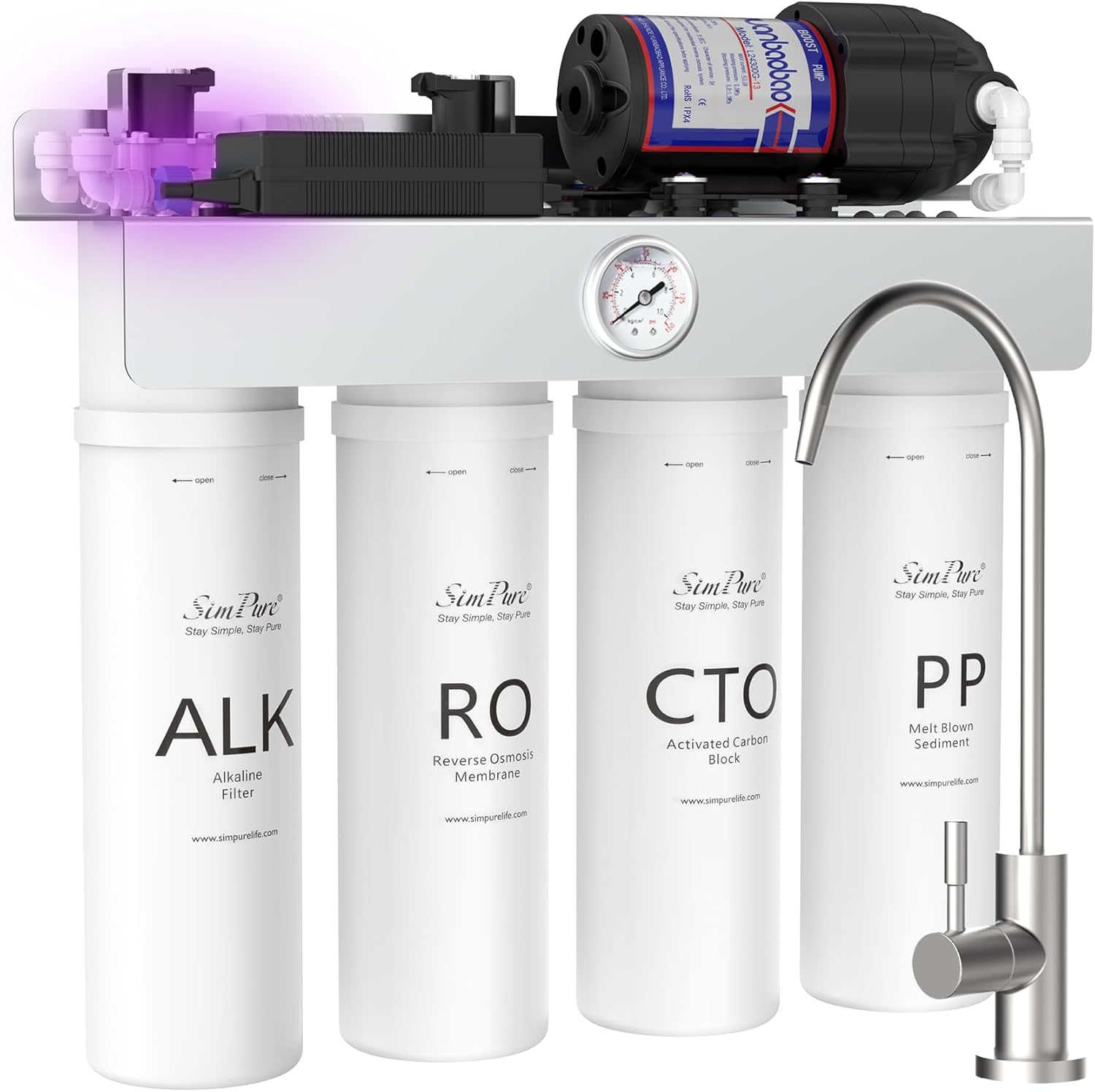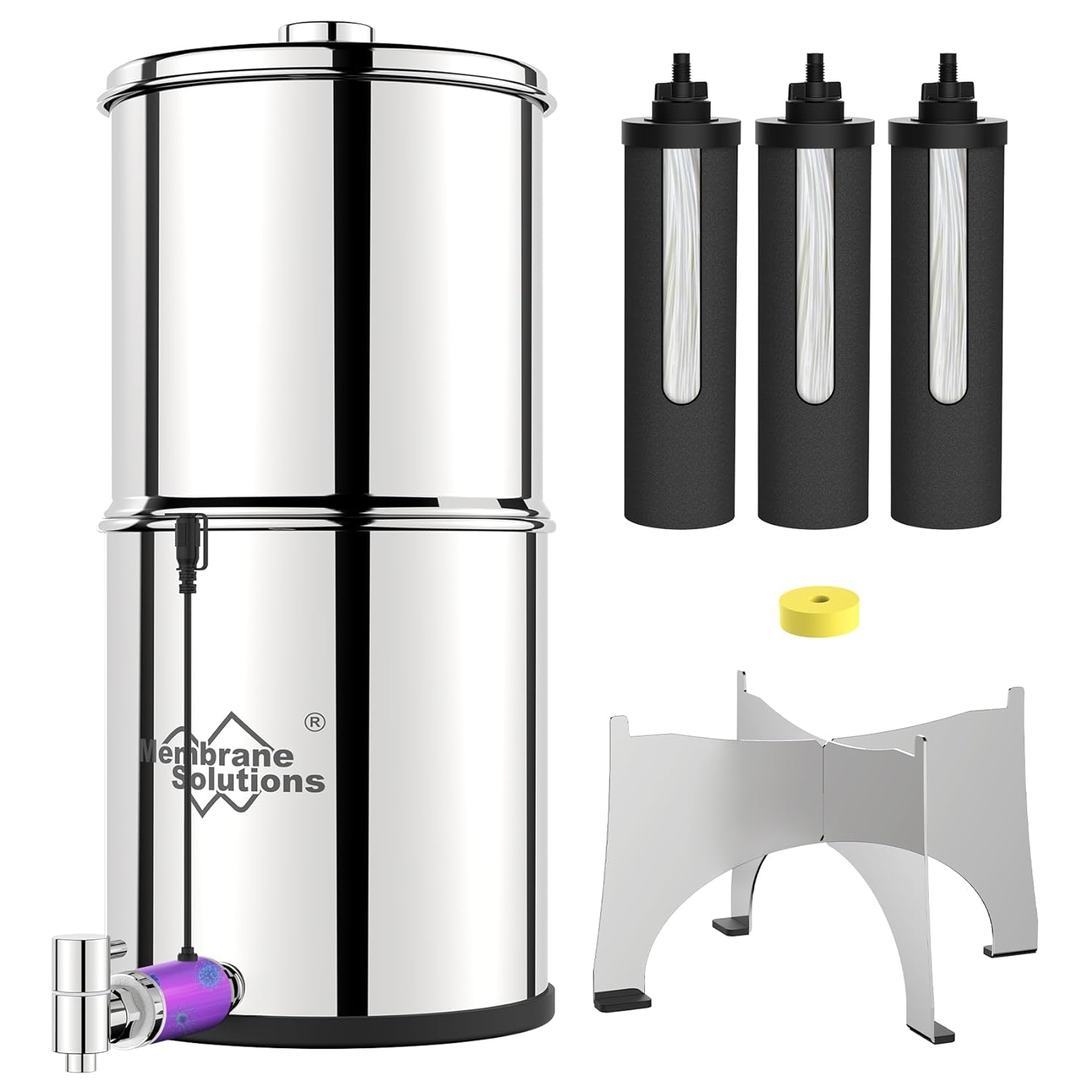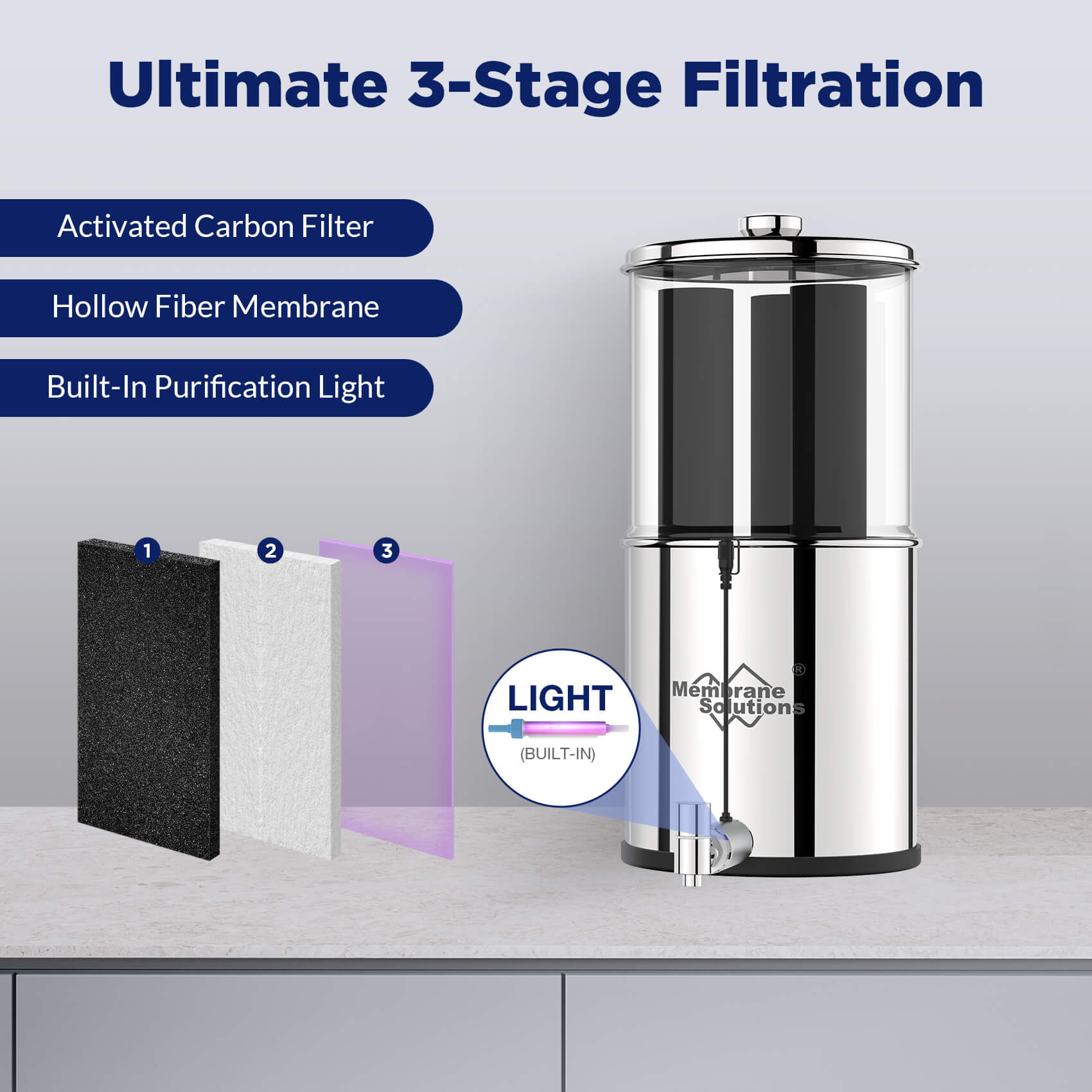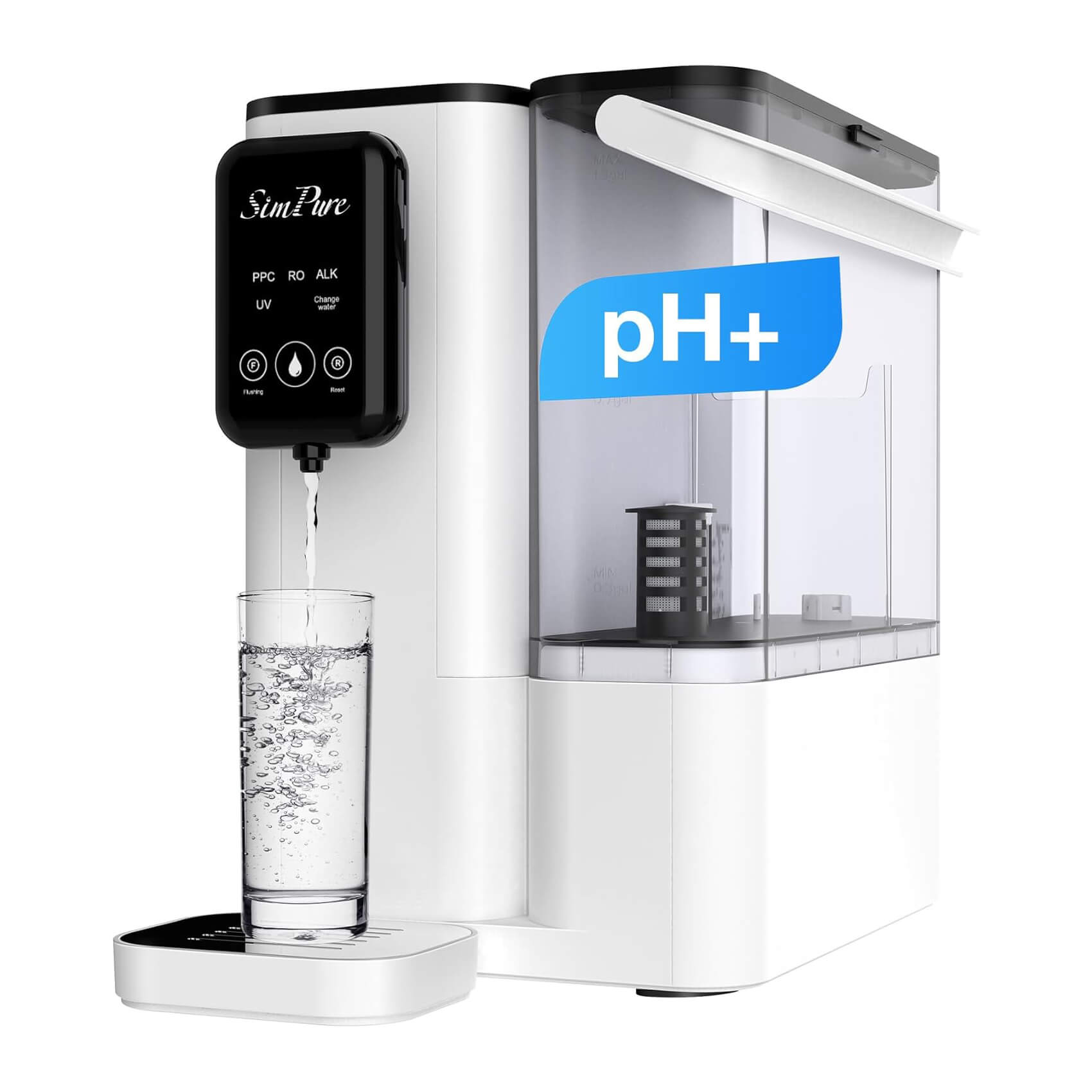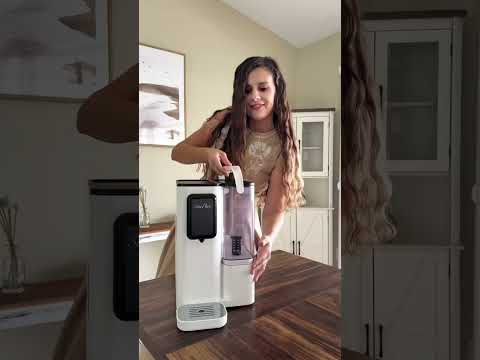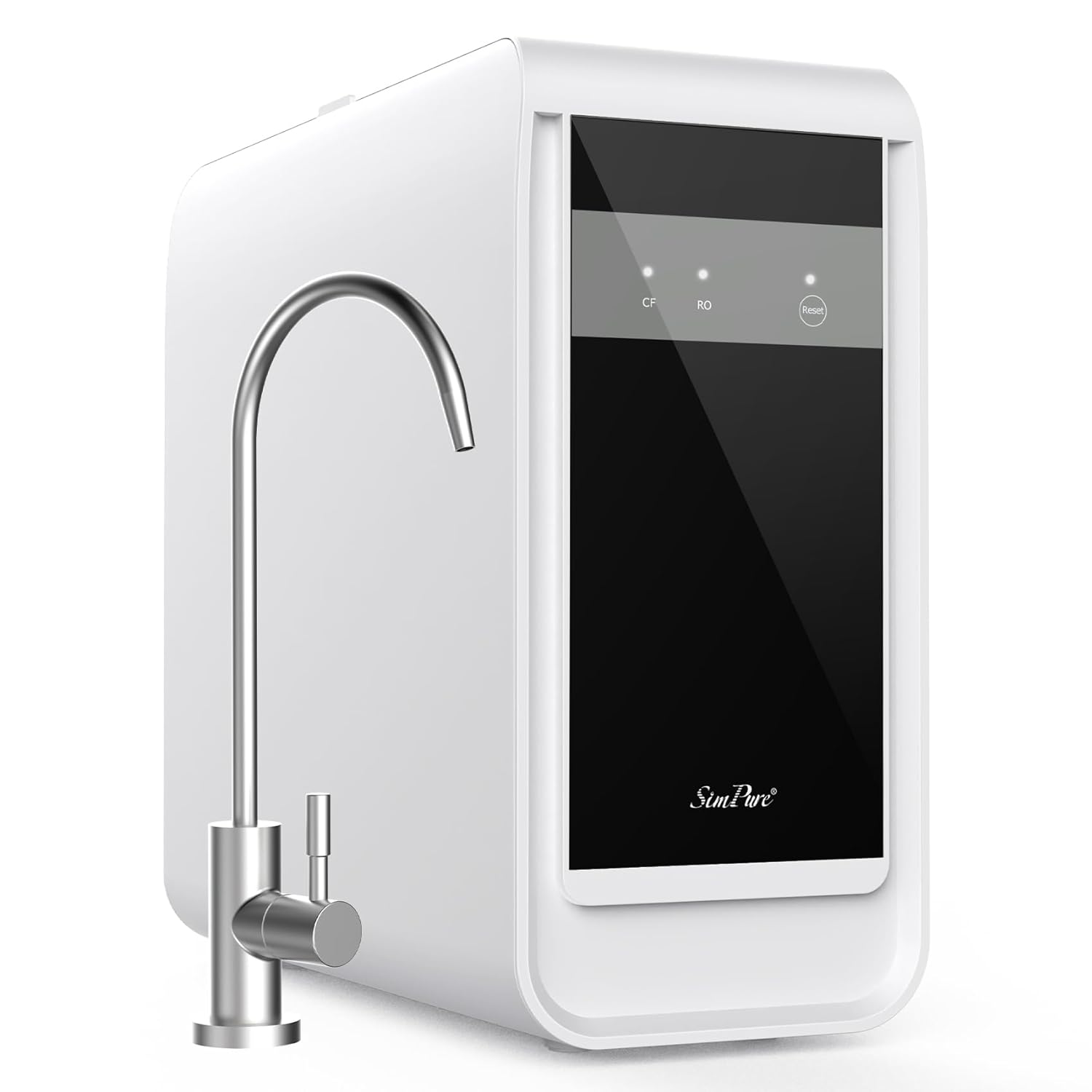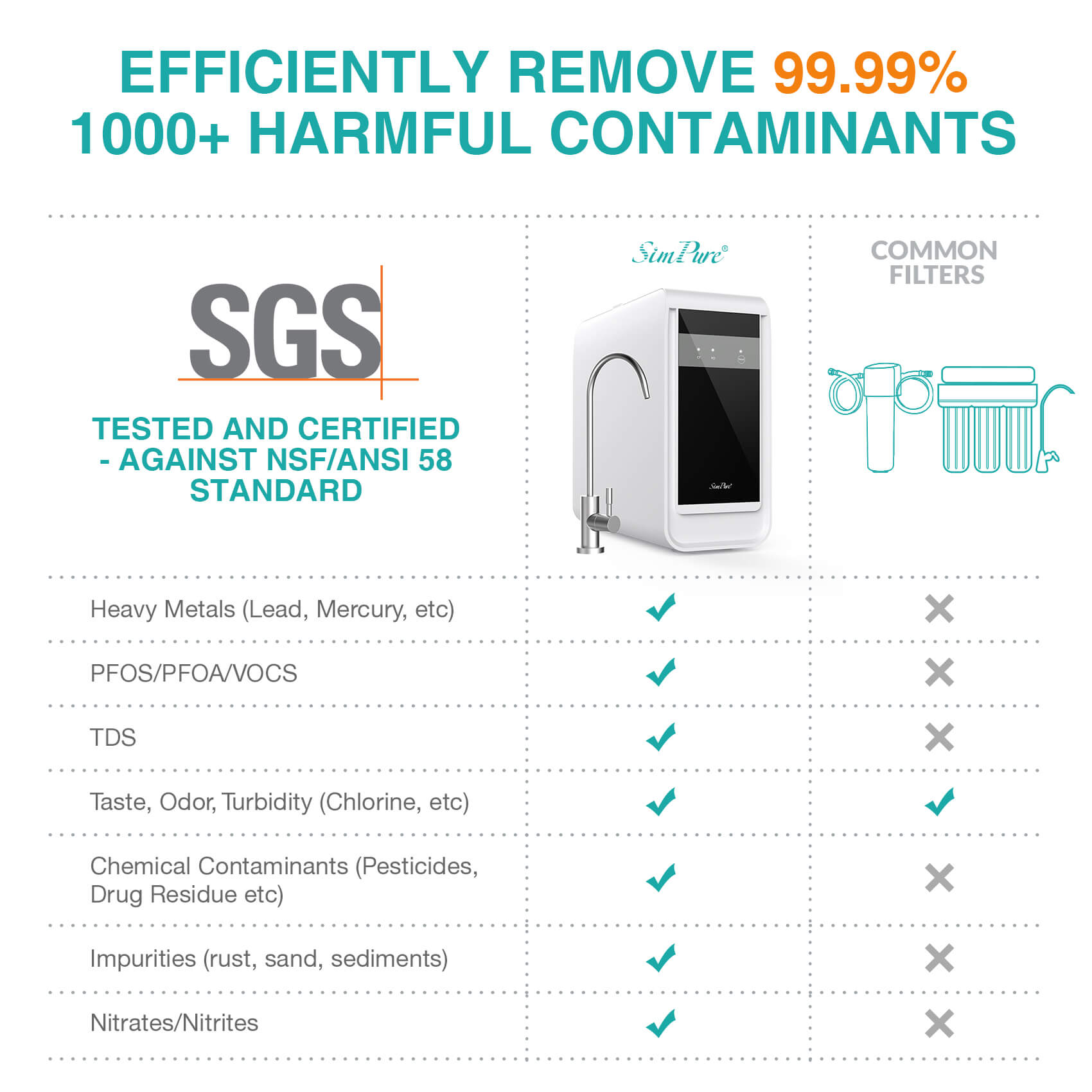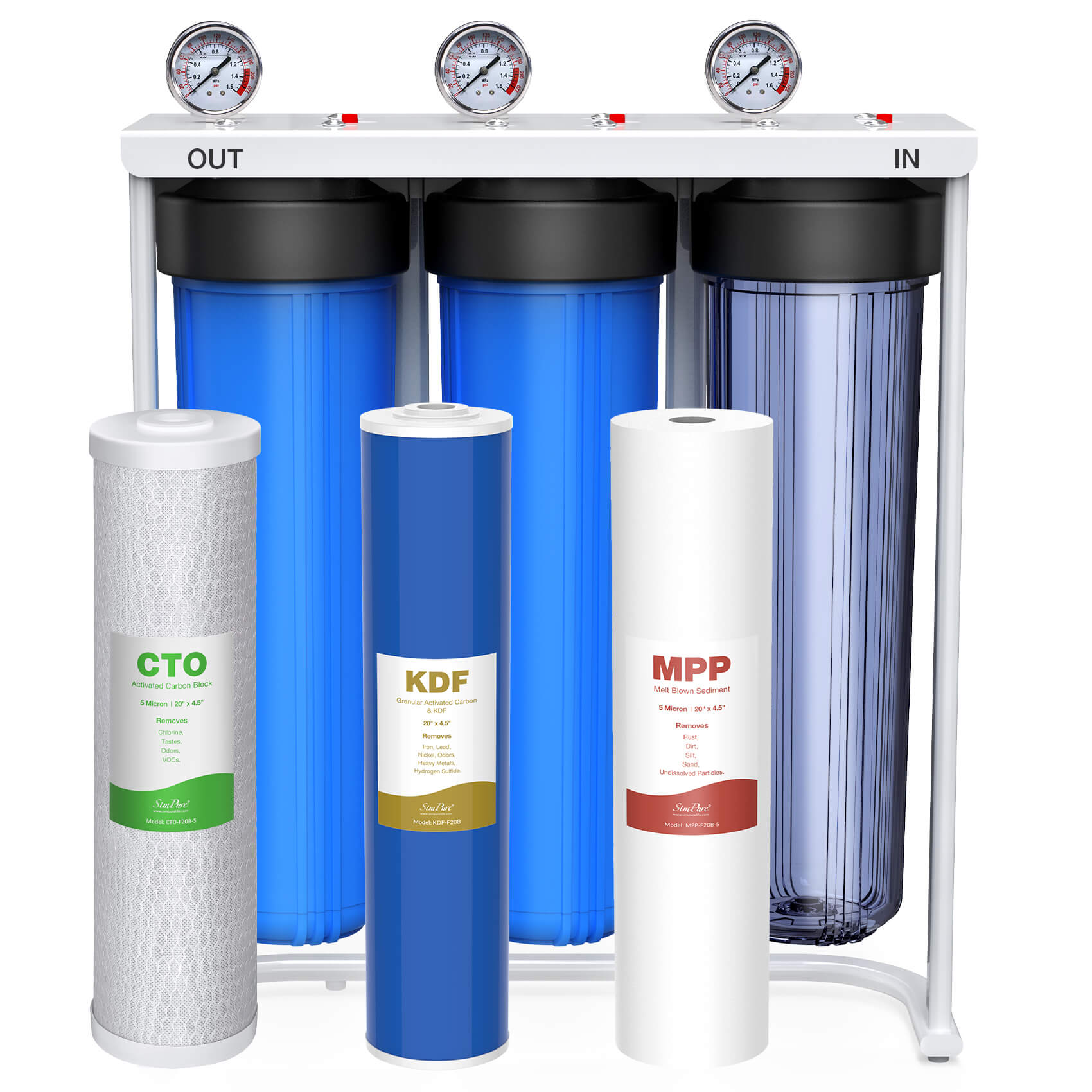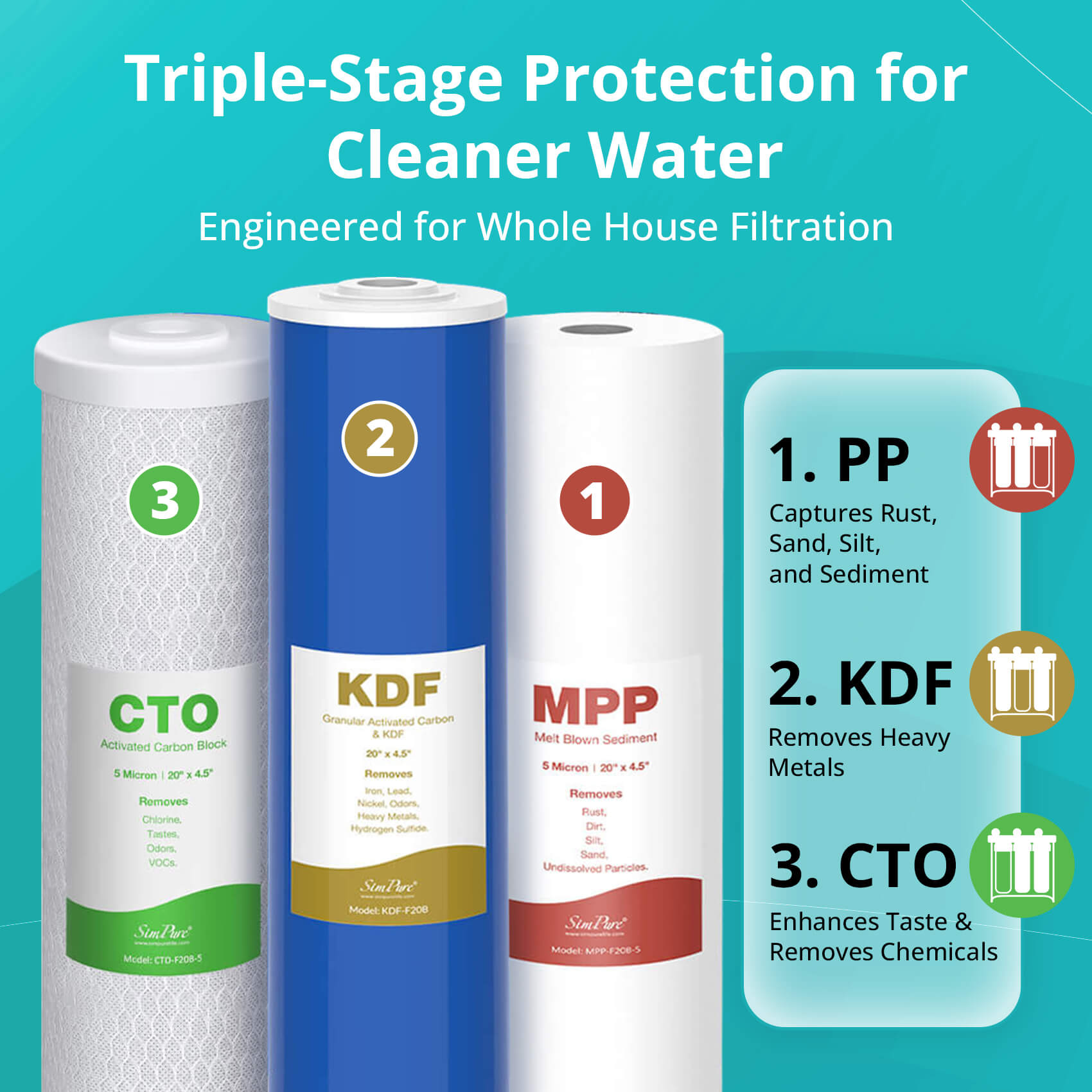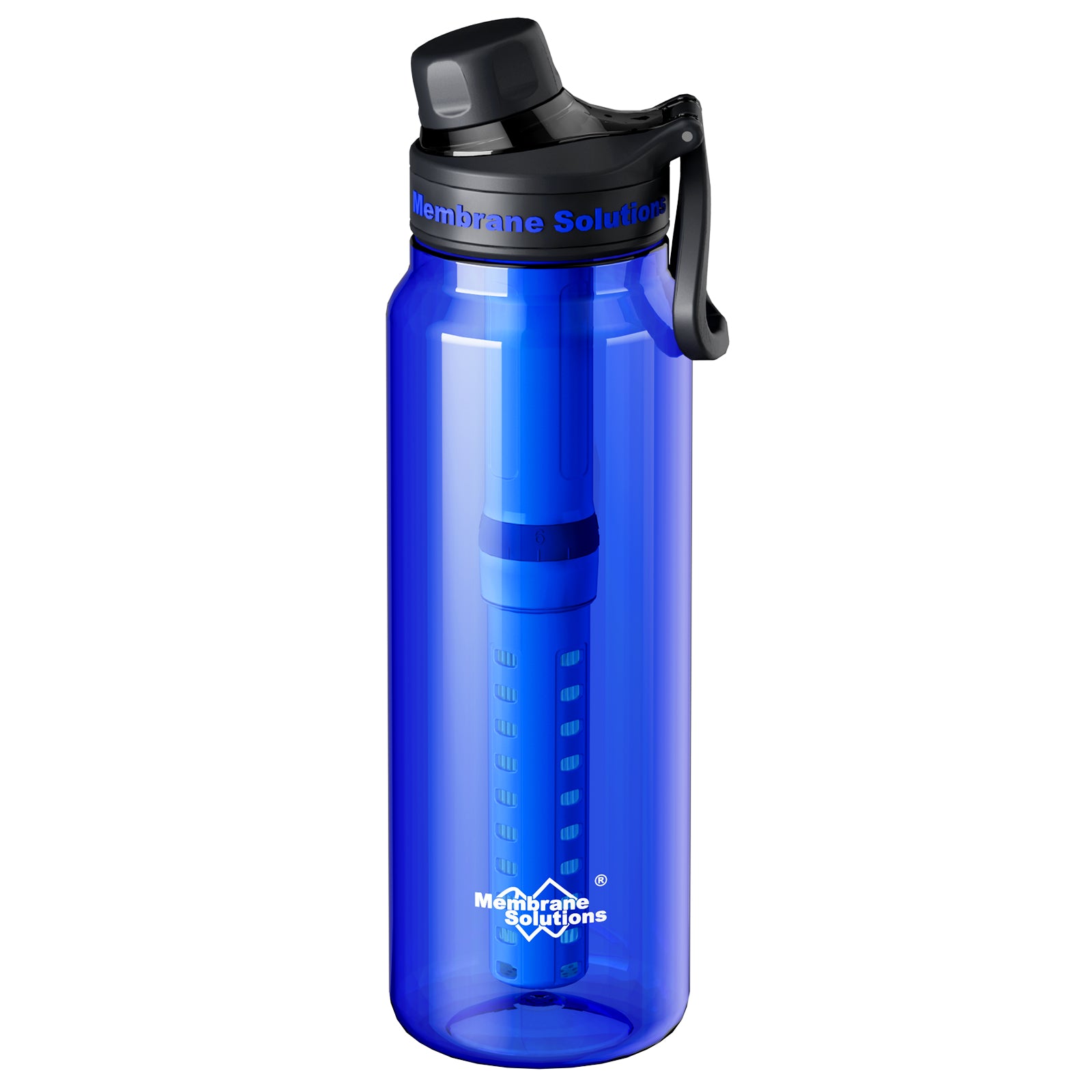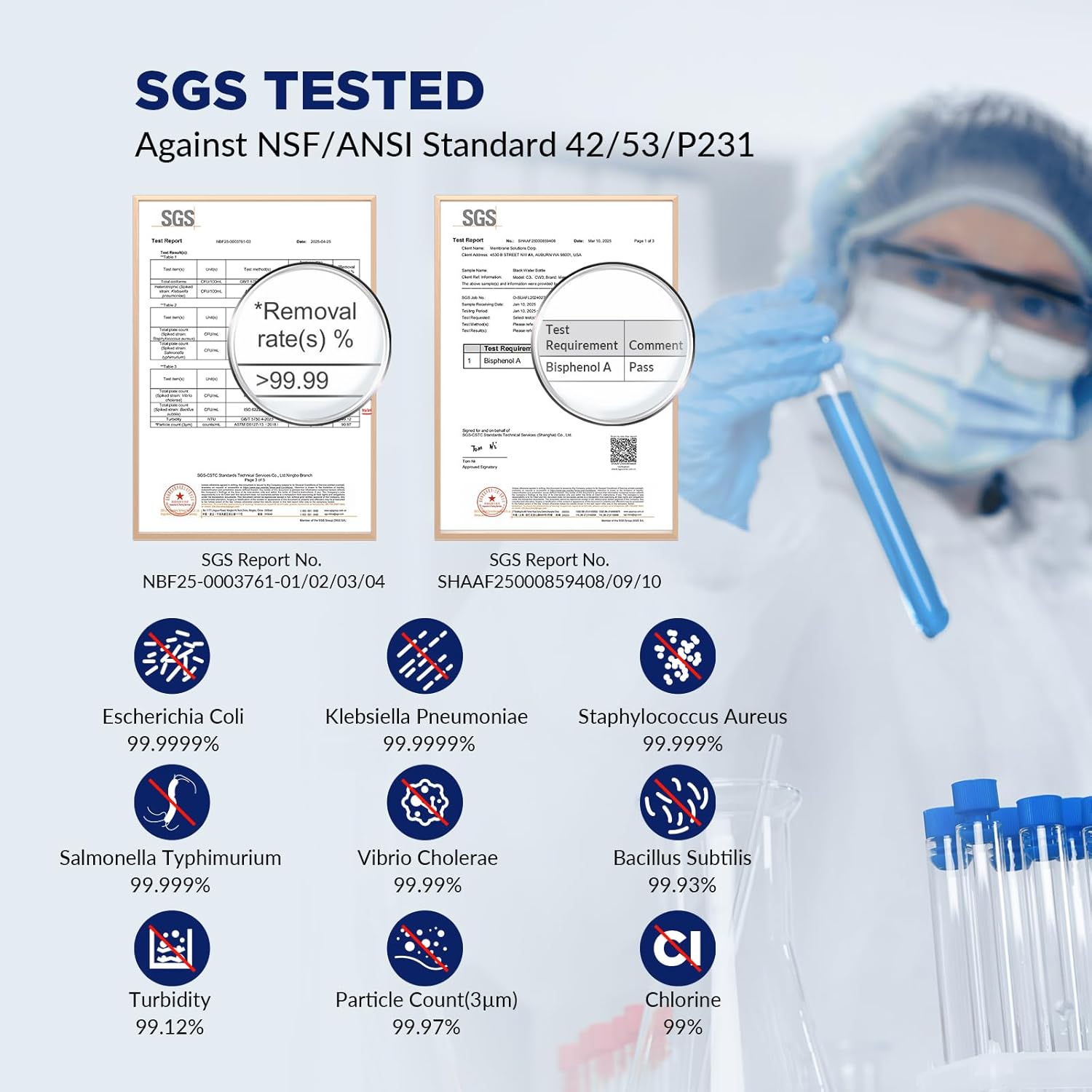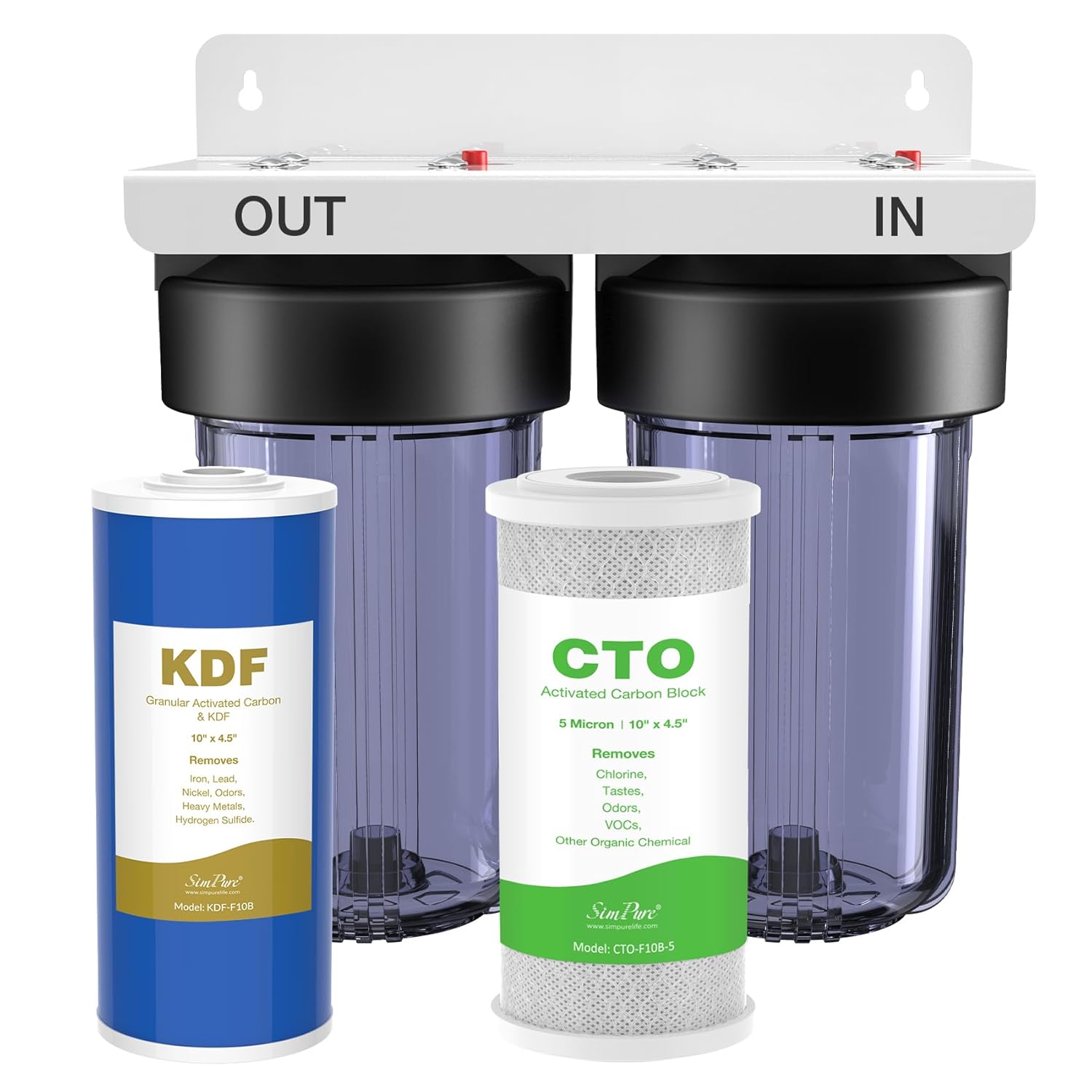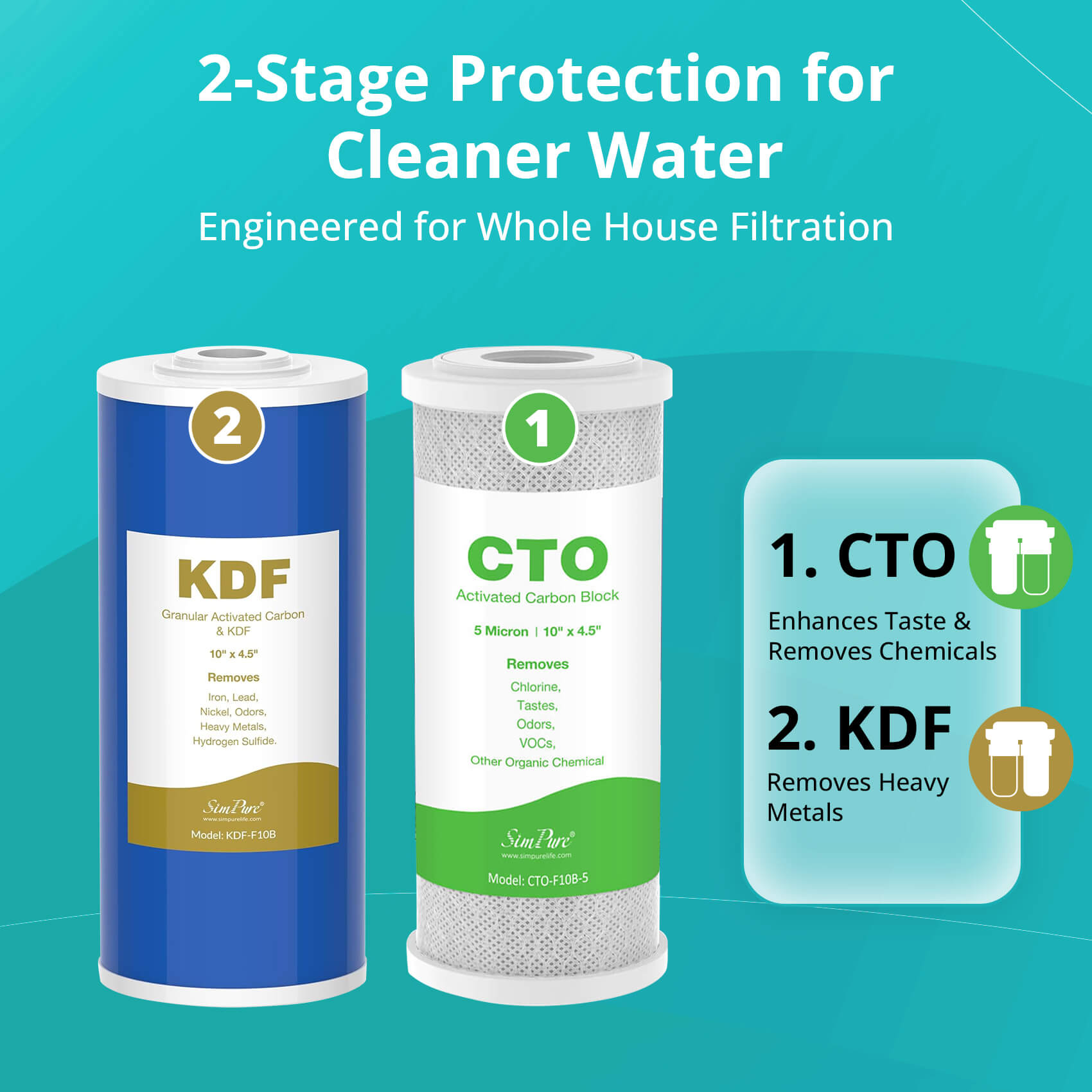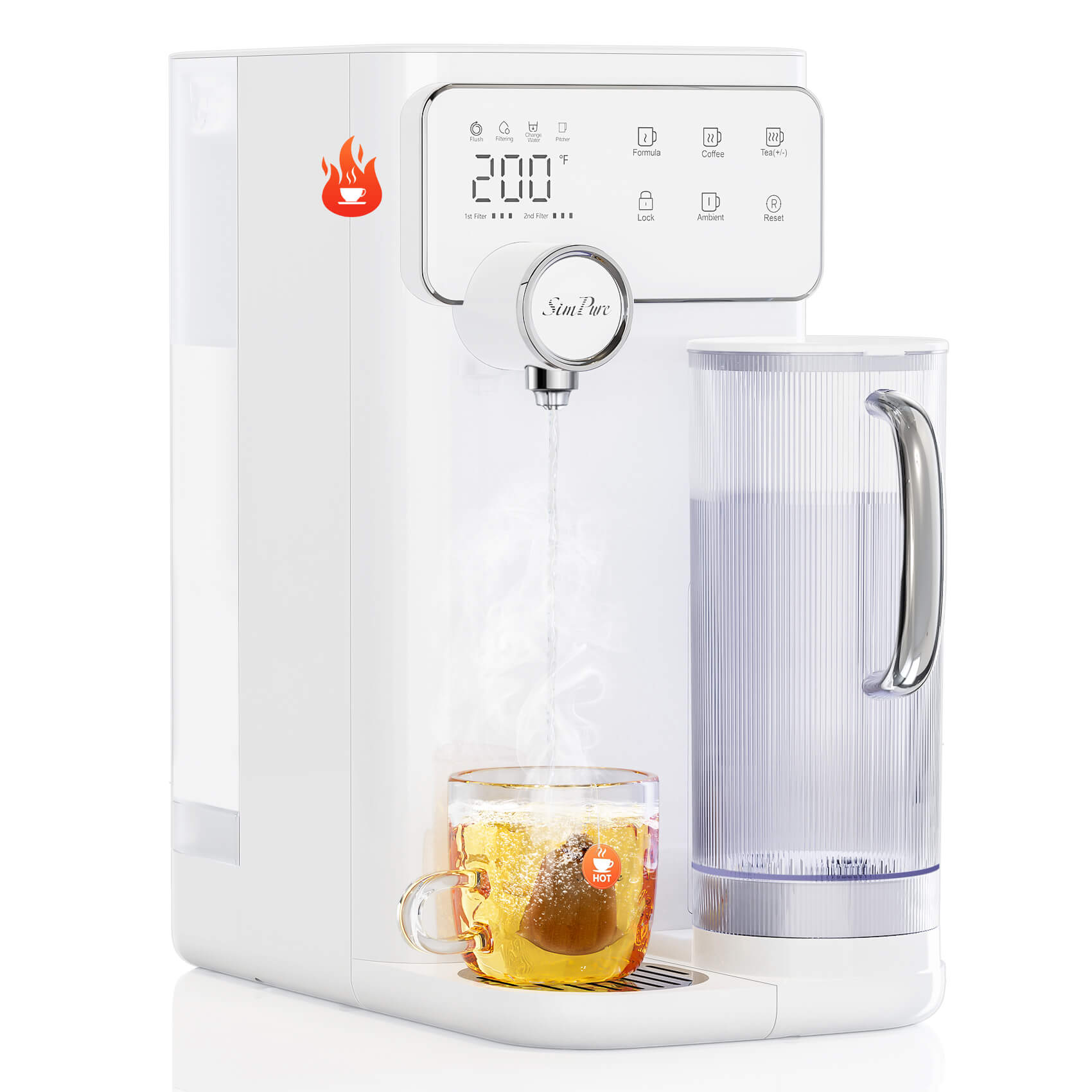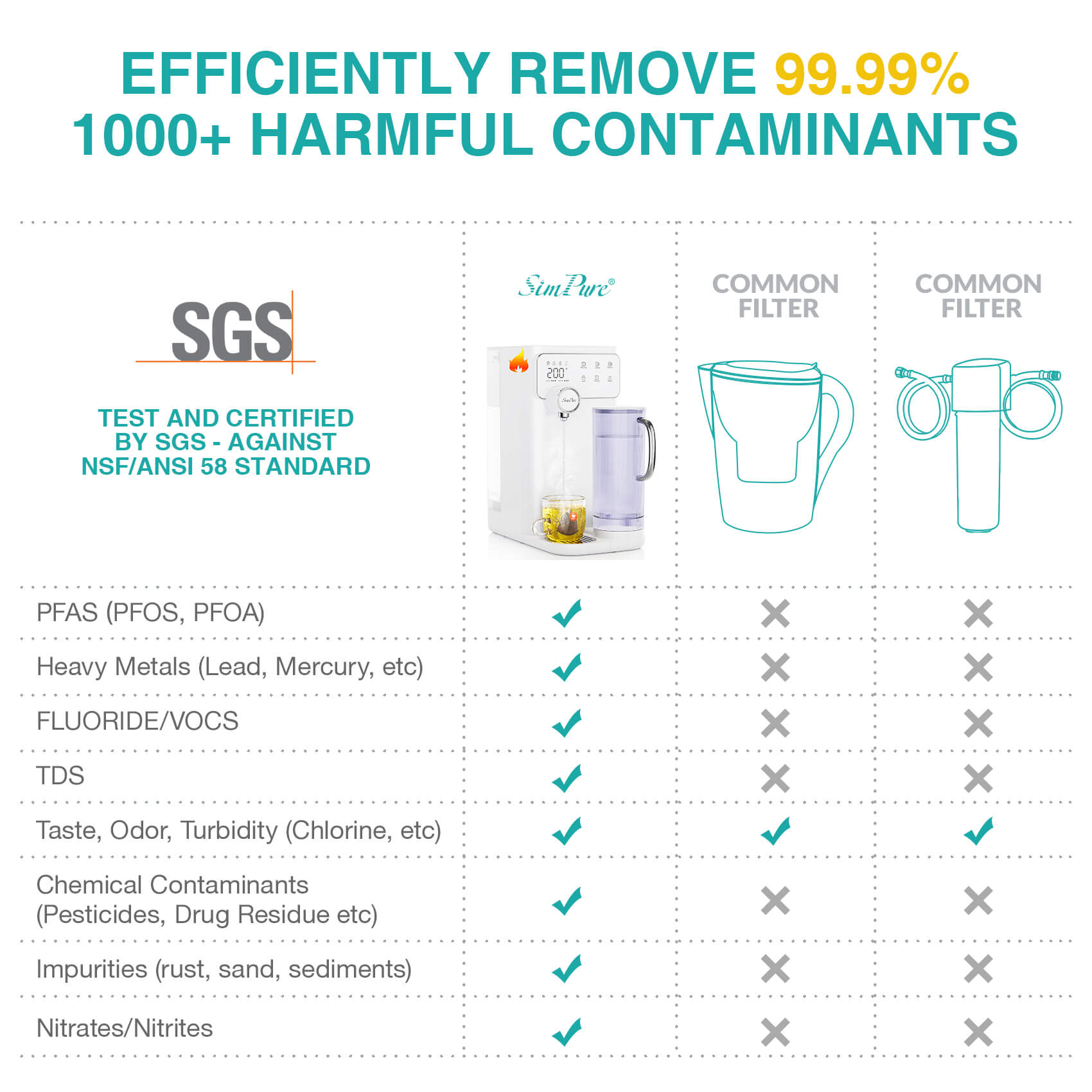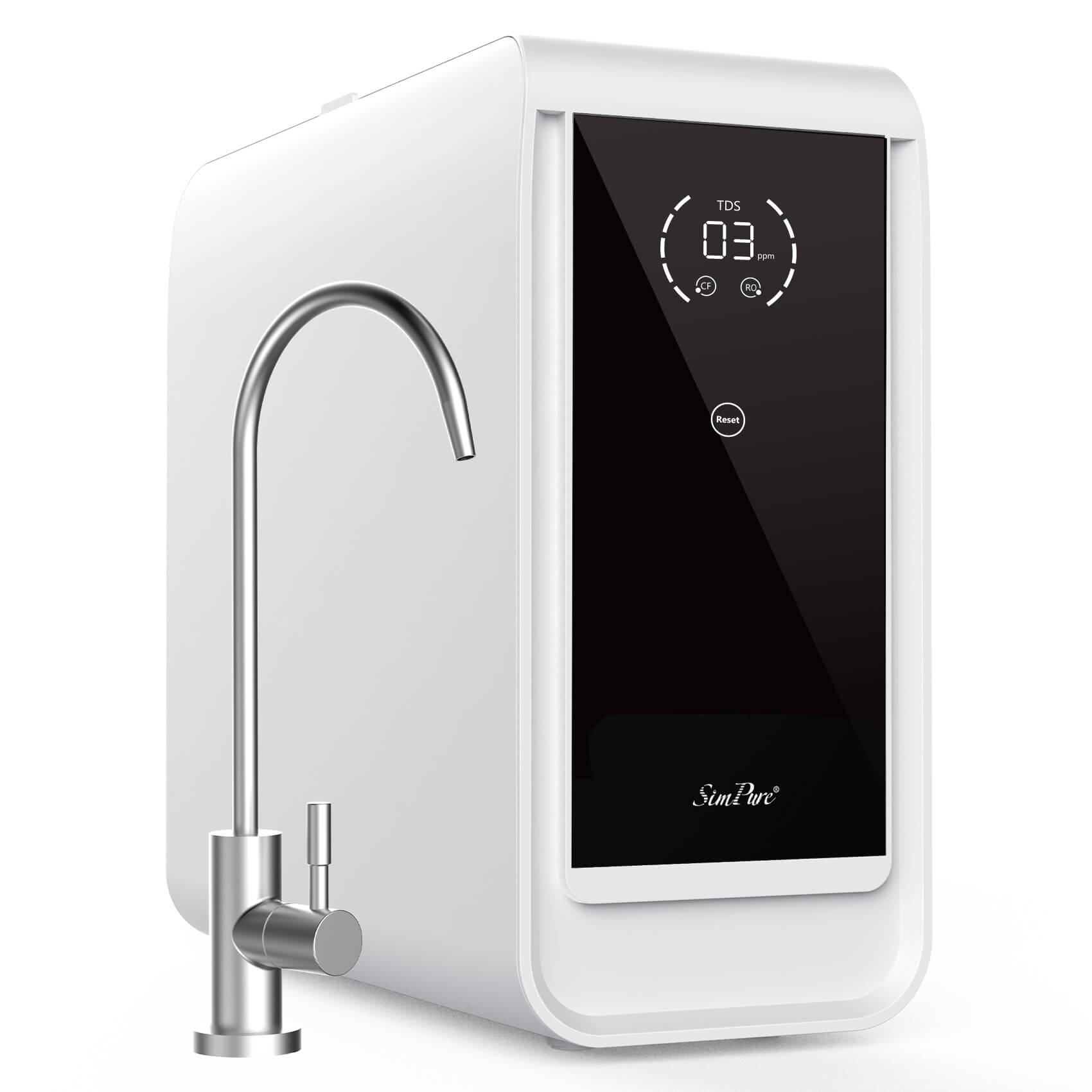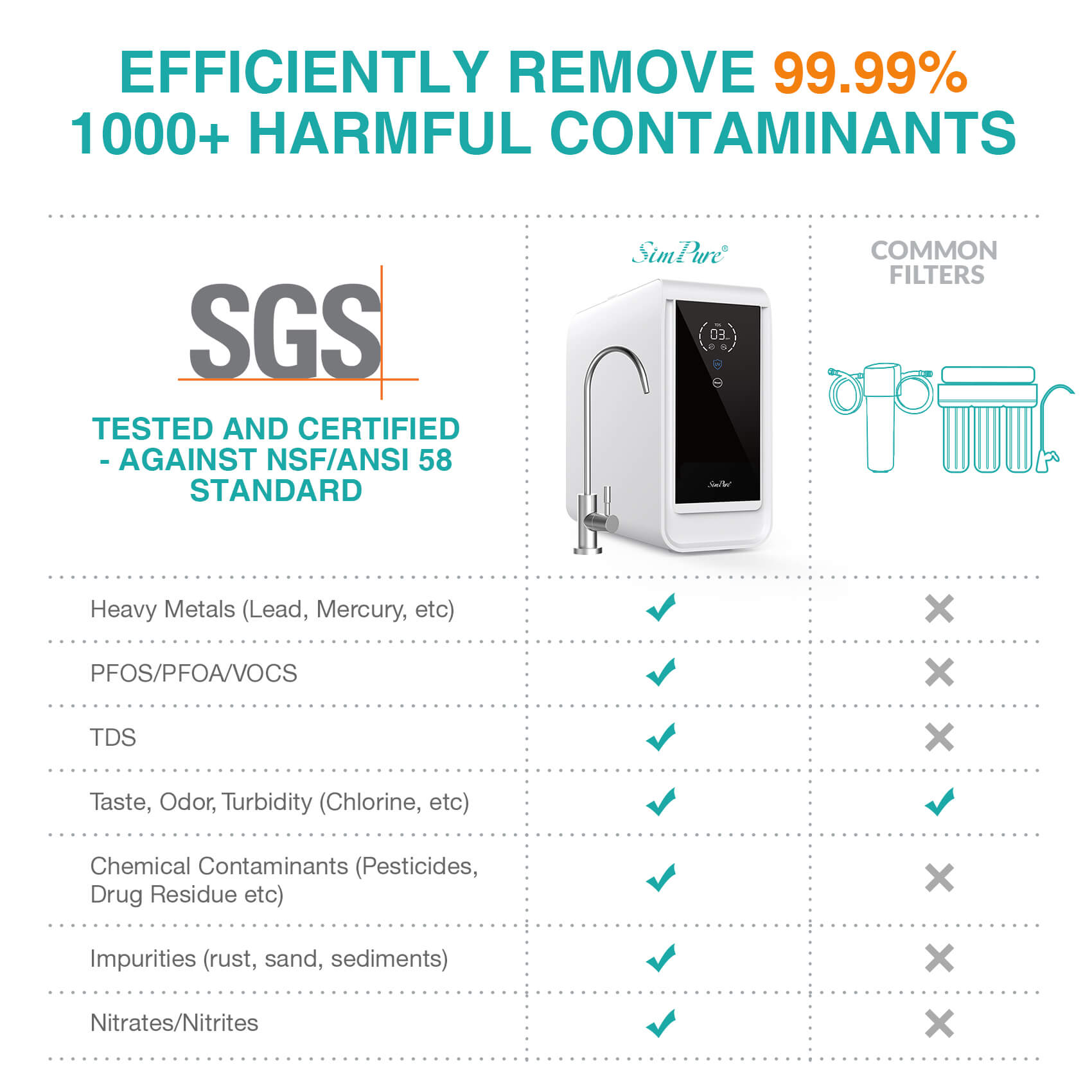With the frequent occurrence of water pollution incidents, water filters have entered more and more families. Different water filters have different filtration effects. There are water filters like microfiltration, ultrafiltration and reverse osmosis. Among them, RO reverse Infiltration water filters have the best filtration effect, making drinking water safer. So can Reverse Osmosis remove heavy metals?
Heavy metals refer to metals with a specific gravity greater than 5 and an atomic weight greater than 55. From the perspective of environmental pollution, the heavy metals mainly refer to mercury, cadmium, lead, chromium and metalloid arsenic. Once it enters the human body through drinking, eating, breathing or direct contact, it will greatly damage the normal function of the body. Because heavy metals are not like other toxins that can be catabolized in the liver and then excreted from the body, on the contrary, they are easily accumulated in the brain, kidneys and other organs. Once exceeding the standard, it is easy to cause gene mutation and affect cell inheritance. cancer.
Therefore, whether a water filter like Reverse Osmosis water filter can remove heavy metals like lead, cadmium, mercury, chromium (hexavalent), and arsenic or not has become an important criterion for judging the quality of water filter products. So do water filters remove heavy metals? Let us check the details!
Does Reverse Osmosis RO Remove Heavy Metals?
The answer is yes! Because the pore size of RO reverse osmosis membrane is extremely small, as small as nanoscale, water molecules can pass through the RO membrane under a certain pressure, while bacteria, viruses, inorganic salts, heavy metal ions, etc. in the water cannot pass through the RO membrane. This also makes the water filtered by the RO reverse osmosis water filter into two parts: pure water and purified water (that is, what we call waste water, strictly speaking, it should be concentrated water). The reverse osmosis technology in the water filter is a new technology that has developed rapidly since the 1960s. It contacts the semipermeable membrane through a mixture of chemical substances. Under the action of a static pressure gradient, water molecules and Some ionic substances can pass through, while other organic substances and some small molecular components can not pass, so as to separate different substances. Reverse osmosis system is currently widely used in seawater and brackish water desalination, and its proportion in household water filters is increasing year by year.
Does a Carbon Filter Remove Heavy Metals?
The answer is no. Activated carbon can mainly remove peculiar smell and color in water, and can absorb color, taste, residual chlorine, pesticide residues, colloids and other harmful substances in water. Experiments show that activated carbon mainly has a certain removal effect on organic matter indicators, but with the increase of water flow, the removal efficiency also decreased. So a carbon filter may not remove heavy metals alone.
At present, the common water filters on the market include RO reverse osmosis water filters, ultrafiltration water filters, activated carbon water filters and other. Water filters with ultrafiltration membranes have obvious effects on turbidity and bacteria. removal effect. The reverse osmosis membrane has a strong removal rate for almost all indicators, and a certain removal rate for heavy metals (the specification requires arsenic removal rate> 8%). Some filters combine two or more of these to "enhance" their capabilities. For example, ultrafiltration and activated carbon can filter and adsorb, and many particles and organic substances are disposed of. An experimental comparison of the water purification capabilities of various household water filters based on CDC quality. The results show that the overall water purification efficiency of various commonly used household water filters should be activated carbon plus reverse osmosis is the best, only activated carbon is the worst, and ultrafiltration is in the middle.
Do reverse osmosis water filters remove heavy metals? From what we read above, I believe you may know the answer. The filtration precision of the reverse osmosis pure water machine is (0.0001μm). High quality water, safe operation, stable and reliable, simple operation, small footprint, can effectively remove calcium, magnesium, bacteria, organic matter, inorganic matter, metal ions and radioactive substances in water. Crystal clear, sweet glycol purified by this device. It is suitable for drinking water in households, hotels, hotels, hospitals and other enterprises and institutions. It is the safest guarantee for your home drinking water.
Explore RO Systems Now!

